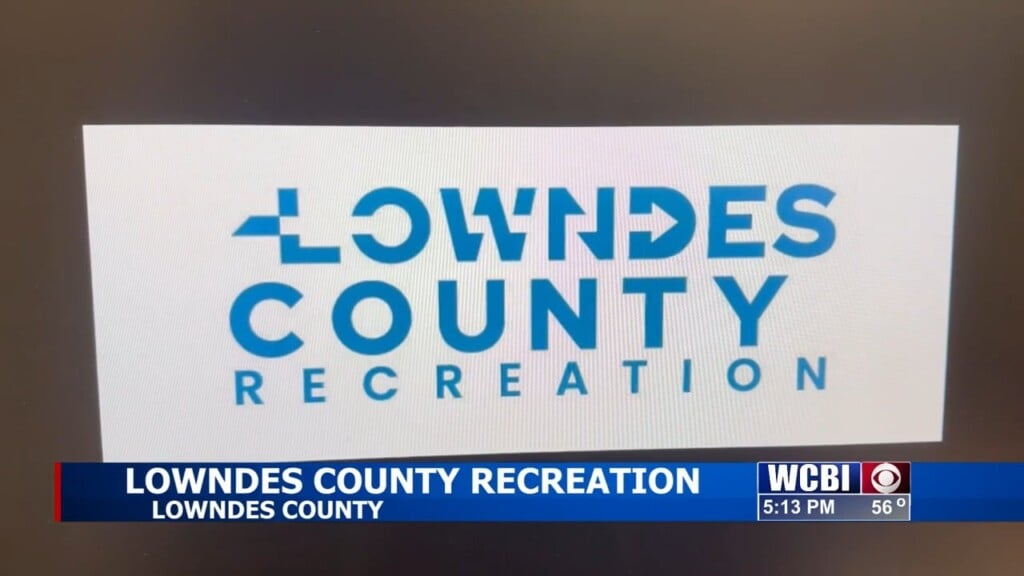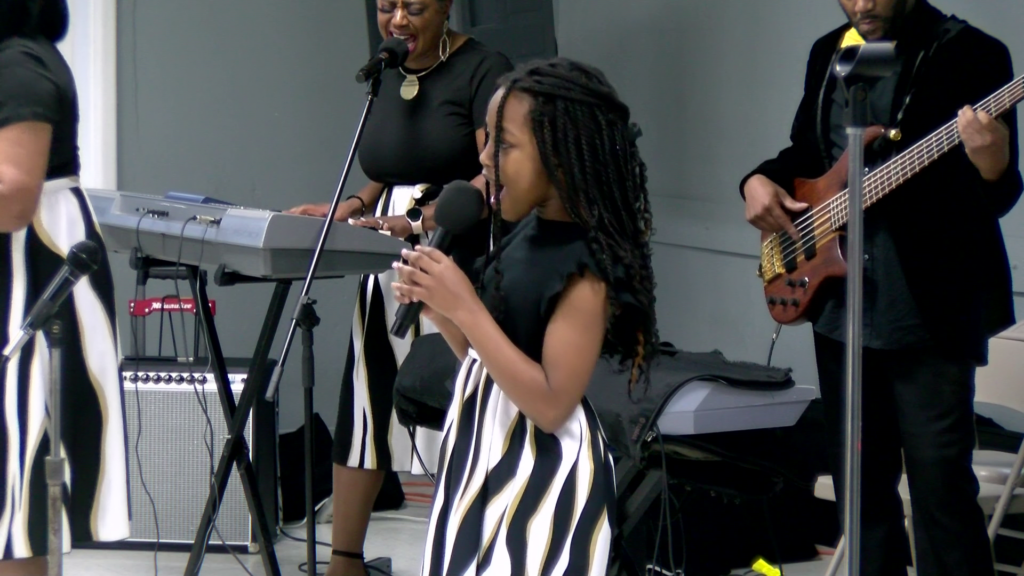State Battling Execution Legal Issues
By Jack Elliott Jr./Associated Press
JACKSON – On June 20, it will be three years since Mississippi’s last execution.
On that date in 2012, Gary Carl Simmons Jr., a former grocery store butcher, was executed for dismembering a man during a 1996 attack in which he also raped the man’s female friend.
Mississippi has gone through similar hiatuses.
The U.S. Supreme Court ruled in 1990 that a Mississippi law that described a capital crime to juries as “especially heinous, atrocious or cruel” without further definition was unconstitutionally vague. The ruling resulted in nearly two dozen Mississippi death sentences being overturned.
For the rest of the 1990s, no executions took place in the state. The July 2002 execution of Tracy Allen Hansen was Mississippi’s first since 1989. From 1955 to 1964, Mississippi executed 31 men. Another four were put to death in the 1980s. Since 2002, including Hansen, 17 executions have taken place.
The state is battling execution issues in two federal courts.
The U.S. Supreme Court has pushed back a decision on the appeal of death row inmate Richard Gerald Jordan to at least May 14. Jordan’s arguments of prosecutorial vindictiveness and ineffective assistance of counsel have been pending before the nation’s high court since January.
In those months, the court has asked for case documents from the Mississippi Supreme Court, the U.S. District Court in Jackson and the 5th U.S. Circuit Court of Appeals in New Orleans. That indicates at least one justice had questions about Jordan’s earlier appeals.
Jordan was convicted of capital murder committed in the course of kidnapping Edwina Marta in Harrison County in 1976. Now 68, Jordan is the oldest inmate on Mississippi’s death row, having won three successful appeals only to be resentenced to death. He’s also the longest serving, having spent 38 years on death row.
The attorney general’s office was poised to seek an execution date for Jordan if the Supreme Court had denied the appeal.
In April, Jordan and fellow death row inmate Ricky Chase filed a federal lawsuit in Jackson challenging the legality of the state’s lethal injection procedures. They are opposing the state’s plans to execute prisoners by mixing pentobarbital from ingredients it purchased from a compounding pharmacy in Grenada. Lawyer Jim Craig said Mississippi doesn’t seem to have ever used the drug in an execution, and he questioned whether the state can mix a safe and effective anesthetic for prisoners.
Mississippi’s current supply of pentobarbital is supposed to expire May 20. If the state cannot obtain pentobarbital, there is no backup method of execution. Hangings ended in 1940 as a means of execution. Mississippi stopped using the electric chair in 1954 and use of the gas chamber ended in 1998.
Faced with similar challenges, Oklahoma recently enacted a law allowing execution by nitrogen gas as a backup to lethal injection. Utah reinstated the firing squad.
Department of Corrections spokeswoman Grace Fisher said neither MDOC nor Corrections Commissioner Marshall Fisher “are making statements about execution drugs because of the ongoing litigation.”
The state has not filed a response to the lawsuit.
Whatever decision is rendered locally in the execution drug case will likely be appealed to the 5th Circuit and the U.S. Supreme Court. Attorneys for death row inmates not involved in this case would argue no execution dates should be scheduled while the lawsuit is pending.
The U.S. Supreme Court often is the last stop for inmates seeking a last-minute reprieve from execution. They rarely succeed. That’s a function of the need for five votes on the nine-justice court and the reluctance of appellate judges to disturb lower court rulings unless they are demonstrably wrong.
On Friday, there were 47 inmates on death row, according to the MDOC website.





Leave a Reply